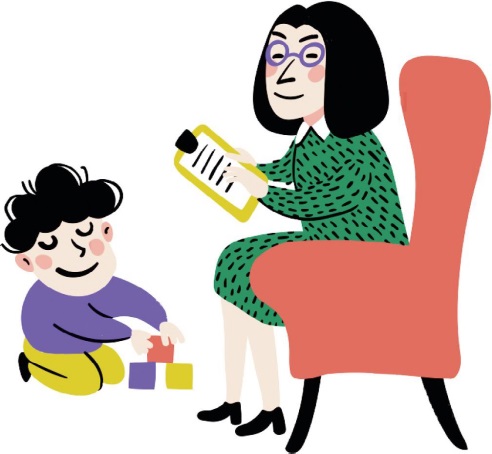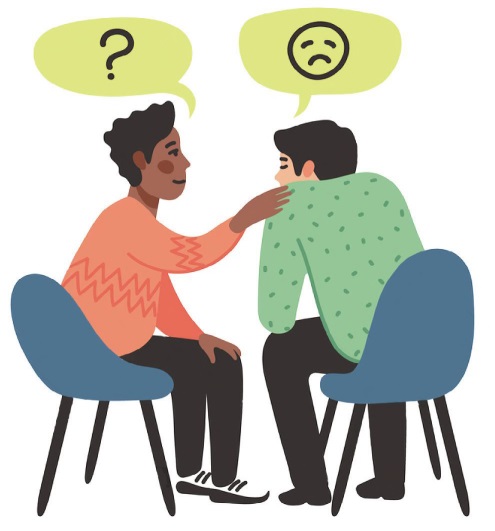STRESS TEST : FIVE WAYS TO SUPPORT THE DISABILITY COMMUNITY DURING ANXIOUS TIMES
For children and young adults, the issues abroad can be overwhelming, confusing and scary. Helping kids navigate these thoughts and emotions become increasingly more important during this time. Here are some words of advice to help people with disabilities remain calm in stressful situations:

- First thing first, people with disabilities are just like you and me. They should be treated with respect and dignity, and we must acknowledge their individual voices.
- Being overwhelmed and anxious is a human condition. We all experience these emotions in various ways. Remember to remind your child with a disability that their emotions are valid, and that many people experience the same emotions and stressors.
- Human instinct is to want to help or solve conflicts. We all often have a “fix it” mentality. Channel this need to want to repair the world, and connect people with disabilities with opportunities to serve their local communities. This act of giving yourself to a cause often helps to relax and bring purpose to an individual. Some of the ways our community members with disabilities serve their local communities include: volunteering at local animal shelters, collecting items and letters for soldiers overseas, and supporting the food pantry with item collections.
- We all need time to breathe! Take time to teach and practice mindfulness tactics to help relieve stress and anxiety during difficult times. Mindfulness is the way we acknowledge our feelings and the way we process these feelings. Some mindfulness tactics that have worked well for our community include: deep and slow breathing exercises, color-feeling associations, physical exercise, and guided meditation.
- Talk to someone you trust or a mental health expert! There is a stigma associated with talking to an expert about issues or negative feelings you may have. It is important to remind people with disabilities (and people without disabilities) that there is nothing wrong with pursuing professional support.

Whether the conflict is here at home or far away, people want to know how changing conditions in the world affect them. People with disabilities are no different. They should be given the access and opportunity to understand major conflicts, and also have the tools to process these complicated feelings.
Our list is in no way an exhaustive list of ways to support people with disabilities during conflict, but we hope it gives you a foundation to start! As the world continues to climb out of the chaos, we must all continue to prioritize equity and inclusion for all people, including those with disabilities.•
ABOUT THE AUTHOR:

Joshua Fields is the co-founder and CEO of The Next Steps Programs (TNS), a non-profit that aims to break down the barriers that prevent people with disabilities from finding educational and employment opportunities after high school. He co-founded TNS at 16 years old and has been involved in the disability rights movement since.